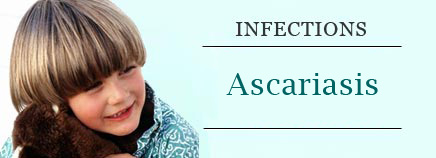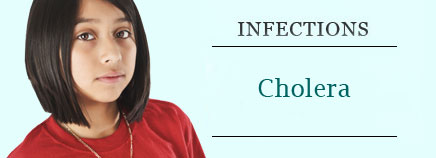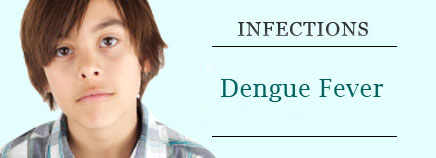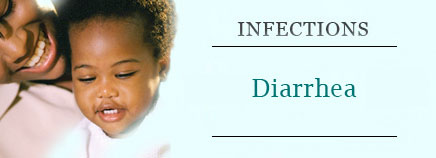Appendicitis (inflammation of the appendix) requires immediate medical attention. So it’s important to know its symptoms — and how they differ from a run-of-the-mill stomachache — so you can get medical care right away if your child has them. The first symptoms of appendicitis usually are a mild fever and pain …
Ascariasis
Ascariasis is an intestinal infection caused by a parasitic roundworm. While globally it is the most common human infection caused by worms, ascariasis is rare in the United States. Most cases happen in areas with poor sanitation or crowded living conditions. Signs and Symptoms Kids are more likely than adults to develop …
Campylobacter Infections
Campylobacter bacteria, usually transmitted in contaminated food or water, can infect the gastrointestinal tract and cause diarrhea, fever, and cramps. Good hand-washing and food safety habits will help prevent Campylobacter infections (or campylobacteriosis), which usually clear up on their own but sometimes are treated with antibiotics. Campylobacter infects over 2 million people …
Cholera
Cholera is a serious and sometimes life-threatening infection that mainly affects people in developing countries, where clean water and other sanitation measures are hard to come by. If you live in the United States, the chances of someone in your family getting cholera are slim. But if you’re planning to …
Dengue Fever
Dengue fever is a tropical disease caused by a virus carried by mosquitoes. The virus can cause fever, headaches, rashes, and pain throughout the body. Most cases of dengue fever are mild and go away on their own after about a week. Dengue fever rarely strikes in the United States …
Diarrhea
Most kids battle diarrhea — frequent, runny bowel movements (poop) — from time to time. The good news is that it usually doesn’t last long and is more annoying than dangerous. Still, it’s important to know how to relieve and even prevent diarrhea. What Causes Diarrhea? Diarrhea is usually brought …
Food Poisoning
Food poisoning can really throw you for a loop. After eating germ-infected food, a person can develop sudden and severe symptoms like vomiting and diarrhea. Medical treatment is usually not needed, but home care is important. If your child develops food poisoning, make sure he or she drinks plenty of …
Giardiasis
Giardiasis, an illness that affects the digestive tract (stomach and intestines), is caused by a microscopic parasite called Giardia lamblia. The parasite attaches itself to the lining of the small intestines in humans, where it interferes with the body’s absorption of fats and carbohydrates from digested foods. Giardia is one of …
Helicobacter pylori
Helicobacter pylori (H. pylori) bacteria are a common cause of digestive illnesses, including gastritis (the irritation and inflammation of the stomach lining), peptic ulcers (sores in the lining of the stomach, small intestine, or esophagus), and even stomach cancer later in life. These bacteria are found worldwide, but especially in developing countries, …
Pinworm
Pinworm is an intestinal infection caused by tiny parasitic worms. One of the most common roundworm infections, pinworm infections affect millions of people each year, particularly school-age kids. If your child develops a pinworm infection, try not to worry. Pinworms don’t cause any harm (just itching), and it won’t take …










